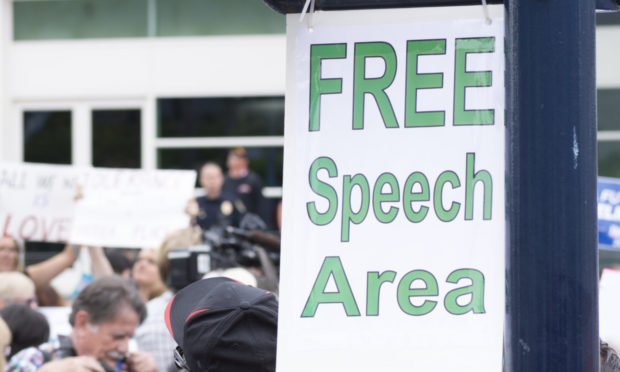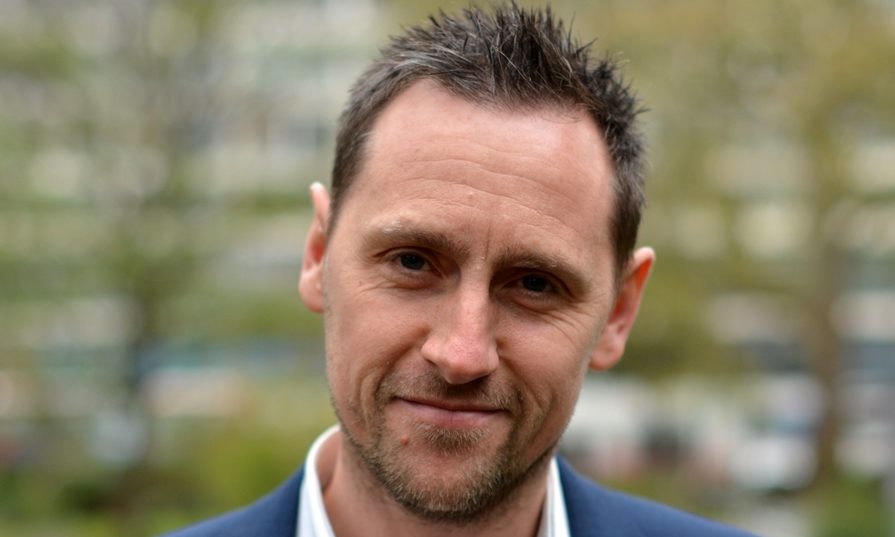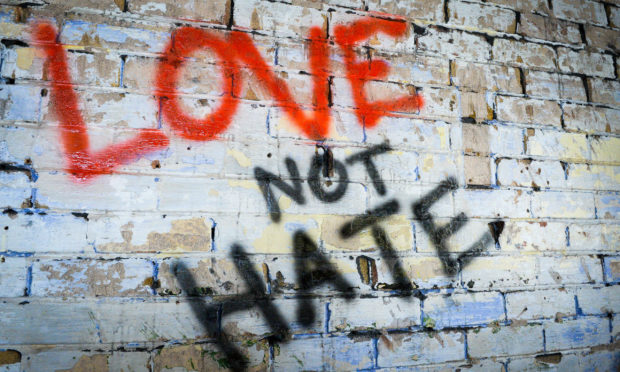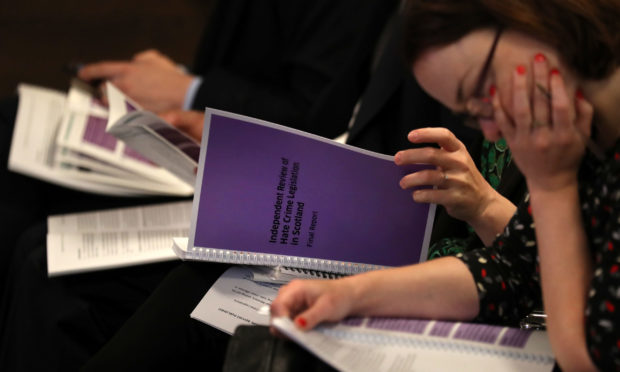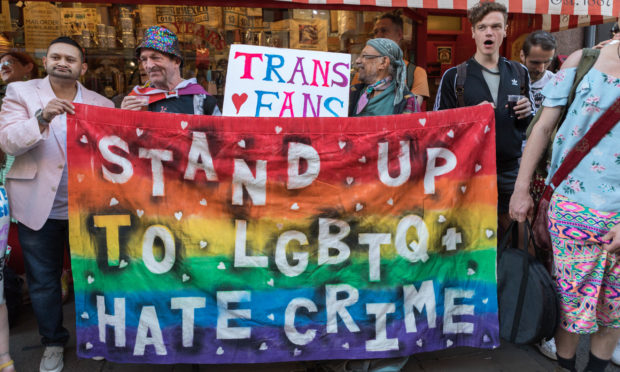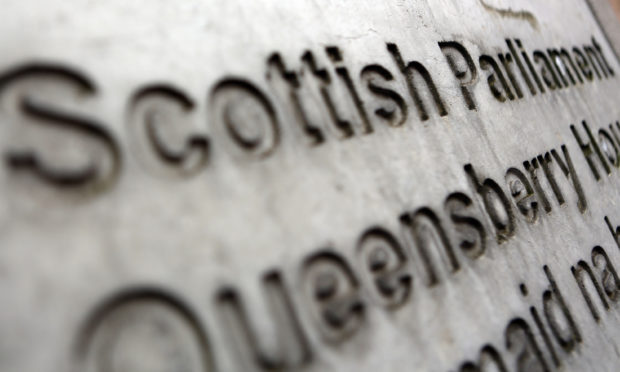New powers drawn up to protect victims of hate crime are “excessive, vague and seriously risks chilling free speech”, the chief executive of a secular organisation has claimed.
Stephen Evans, chief executive of the National Secular Society, a non-party-political organisation which promotes the separation of religion and state, believes the new ‘stirring up hatred’ offences within the Hate Crime Bill include “dangerously low thresholds for prosecution”.
The legislation seeks to extend that protection beyond race to include age, religion, disability, sexual orientation and transgender issues.
He adds: “Freedom of expression is such a fundamental right; it is imperative for governments to tread carefully in this area.
“However well-intentioned, the legislation as drafted is excessive, vague and seriously risks chilling free speech.
“Freedom only to say what others find acceptable is no freedom at all.”
The organisation has said it is also concerned that under the proposed laws, individuals can commit a ‘stirring up hatred’ offence without intending to do so, and without actually having done so, if the court feels their actions were ‘likely’ to stir up hatred.
Mr Evans added: “This lack of mens rea – mental culpability – drastically widens the reach of the offence.”
Freedom only to say what others find acceptable is no freedom at all.”
Stephen Evans, chief executive of the National Secular Society
It comes as a new campaign ‘Free to Disagree’ was launched on Friday, supported by the National Secular Society, former deputy leader of the SNP Jim Sillars, The Christian Institute and Abertay University criminologist Dr Stuart Waiton, which calls for the draft offences to be scrapped or amended to protect freedom of expression.
Dr Waiton said the “best antidote to bad speech is good speech”.
He added: “The more tolerant people become, it seems, the more intolerant our politicians become and the more laws we have to criminalise people for words and even thoughts that are labelled as unacceptable.
“This proposed hate crime bill is potentially the greatest threat to-date to what should be a free and tolerant society.”
Simon Calvert, Deputy Director for Public Affairs at The Christian Institute, said in the “current hyper-sensitive political climate”, it is “vital that politicians don’t add fuel to the fire by legislating badly-drafted speech laws that will cause further division, while doing nothing to help real victims of crime”.
However, Justice Secretary Humza Yousaf, has said the legislation will give a “strong message to victims, perpetrators, communities and to wider society that offences motivated by prejudice will be treated seriously and will not be tolerated”.
